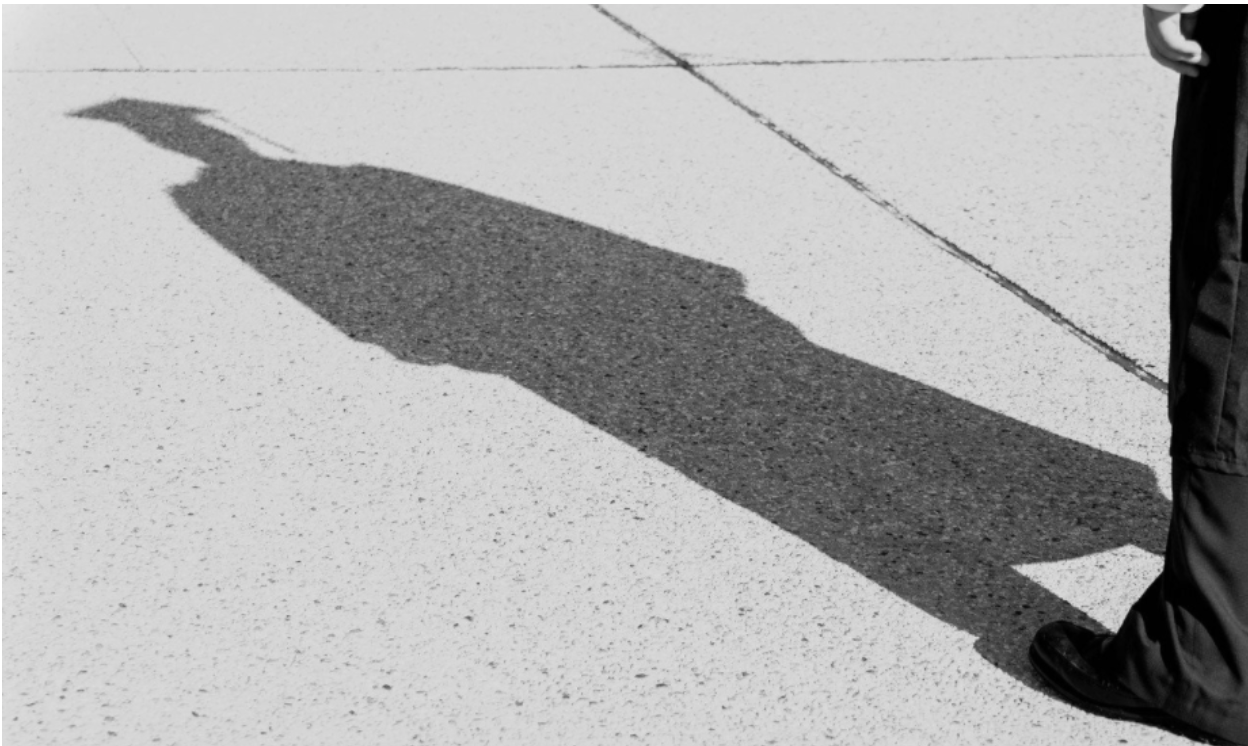Alejandro Diasgranados‘ journey to becoming an educator started with mastering chopsticks and neckties, courtesy of a seventh-grade music teacher in Maryland (Hi, Mr. Harris!) who knows life lessons are just as important as academic ones.
Only five years into a classroom career, Diasgranados has become that kind of teacher. He reaches out time and again to a supportive elementary-school principal who, thankfully, blessedly, often apprehensively, says yes to his students’ canoe outing on the Anacostia River, yes to the school-based laundry service, yes to the class trip to Baltimore that combined Diasgranados’ graduate-school degree ceremony with a trip to an aquarium.
Throw out stereotypes
At 28 years old, the Washington, D.C., Teacher of the Year and finalist for National Teacher of the Year is still full of enthusiasm and still finding his way around the potential blockades so he can give students his all. He tries to lift them up the same way his parents lifted him: Diasgranados didn’t grow up with labels like poor, minority or underrepresented. His mother, a paralegal, and his father, an auto mechanic, refused to box him in. He didn’t even realize until he was filling out college financial-aid forms that his accomplished parents didn’t go to college and that the family’s income wasn’t middle-class.
He teaches at Aiton Elementary School, where about 99% of the students are Black or Latino and come from families with low incomes, he says.
“A lot of my strengths do come from me having that shared background with students,” he says, pointing to familiarity with students’ favorite songs, foods and dances that help him connect. “I think that has benefited me in my classroom, not only for my students academically … but also socially and emotionally as well,” he says.
He weaves cultural conversations into academic lessons. When students wanted to talk about their anger over then-Washington Capitals hockey player Devante Smith-Pelly being pelted with racial taunts by another team’s fans, Diasgranados told them to explain how they felt in writing. Their letters of support for Smith-Pelly found their way to the athlete, who later dropped by the school to talk to them and donate coats — teaching the children that their voices can be heard and they can make a difference.
If you can see it, you can be it
Diasgranados talked a lot to his class about being a first-generation college student while studying for his master’s degree in the evenings at Johns Hopkins University. He included his students in the experience by giving them “acceptance letters” to the new reading groups he’d named after different colleges, bringing in guest speakers who looked like the students, and even having them fashion their own arts-and-crafts caps and gowns to wear on the Baltimore field trip.
At the ceremony, he says, “they were actually seeing what it looks like to graduate, feel the emotion of me hugging my mom and see me walking across that stage. After returning from that trip, the students just saw themselves differently. They walked throughout the school with a different sense of pride. It really just opened the minds of so many students who really couldn’t see, or didn’t really know, what they wanted to do with their future.”
Diasgranados has high expectations of his students and refuses to look at them with a “deficit mindset,” choosing instead to find and channel their strengths. “If they happen to be louder than other students, then maybe I will volunteer them to speak on the announcements,” he says, noting that honing in on students’ interests keeps class disruptions to a minimum. Likewise, community circles give students a safe space to talk about whatever is on their mind and makes sure introverts, as well as extroverts, have a chance to speak and be heard. Diasgranados shares his pride in them far and wide — even on actress Drew Barrymore’s TV talk show last fall.
Help students find self-respect
He taps into students’ home lives as well, discovering that several students were frequent no-shows not because they disliked school but because they were being bullied for having unkempt school uniforms. Few of their parents are able to take two or three buses on a weeknight to get to a laundromat, he says. So he wrote a grant request to the Washington Football Team’s Loads of Love program, which led to laundry facilities being installed at the school.
The willingness to give children agency has come over time. As an incoming teacher, Diasgranados says, “I felt that I was the holder of all knowledge. However, our students come to school with so many experiences and so much cultural wealth of knowledge that they are the experts. Allowing them to have that moment where they feel like an expert, and they can stand up and say something about their culture or their community and show that expertise, really empowers students” and gives them a sense of belonging.
Despite his grasp of his students, school and community, Diasgranados is always reflecting and trying to improve: “One thing I would tell myself as a first-year teacher would be to talk less, listen more.”
Diane Benson Harrington is an education/leadership writer at SmartBrief. Reach out to her at [email protected].
More from SmartBrief Education:
- An intelligence officer walks into a classroom …
- Free resources for educators during the coronavirus pandemic
- Distance learning while respecting students’ home lives
- 8 ways to make vocabulary instruction more effective
